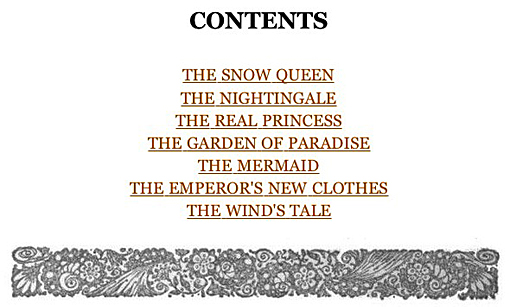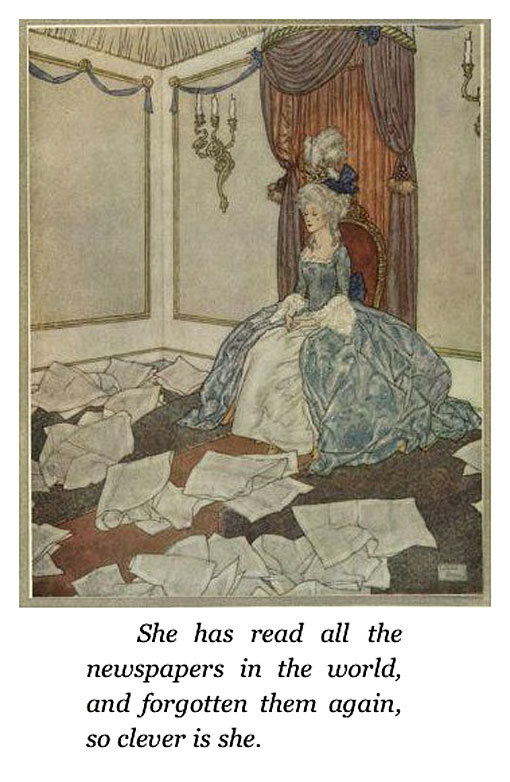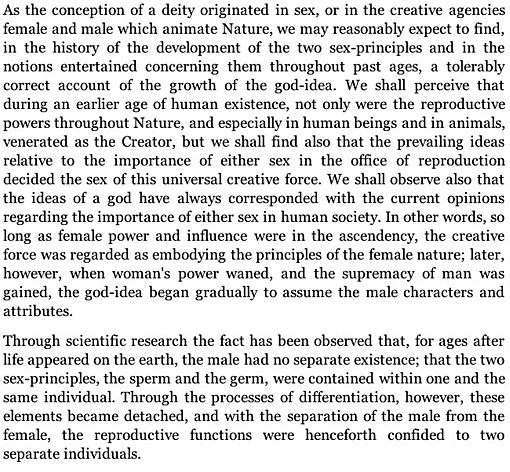✺ ✺ ✺ ✺ ✺
I've gone through the titles and choose the ones that interest me, and cull many which don't appeal. My tendency has been to try to highlight those that concern women's writing and portrayal of women.
Generally I've ignored novels, except for classics that have been offered for the first time or updated/corrected.
The star rating is based completely on the book's appeal to me. It may be because of its content, or good illustrations.
I would love to comment on each one of these because of some particular quality it presents, positive and/or negative, but I won't. Just plunge in!
Click on any item to read it online or download it in the format of your choice.
I would love to comment on each one of these because of some particular quality it presents, positive and/or negative, but I won't. Just plunge in!
Click on any item to read it online or download it in the format of your choice.
22-23 April 2012
Mariquita by John Ayscough
Language: English [Novel] ✵✵✵✵
Popular scientific lectures by Ernst Mach
Language: English ✵✵✵
Texas : a Brief Account of the Origin, Progress and Present State of the Colonial Settlements of Texas
Language: English ✵✵✵
The Psychological Origin and the Nature of Religion by James H. Leuba
Language: English ✵✵✵
The Black Man, the Father of Civilization by James Morris Webb
Language: English ✵✵✵
In a Glass Darkly, v. 1/3 by Joseph Sheridan Le Fanu
Language: English ✵✵✵
The Romance of the Colorado River by Frederick Samuel Dellenbaugh
Language: English ✵✵
Moores Fables for the Female Sex by Edward Caldwell Moore
Language: English ✵✵
Beauties and Antiquities of Ireland by T. O. Russell
Language: English ✵✵✵
Ladies on Horseback by Nannie Lambert
Language: English ✵✵✵✵
Language: English [Novel] ✵✵✵✵
Popular scientific lectures by Ernst Mach
Language: English ✵✵✵
Texas : a Brief Account of the Origin, Progress and Present State of the Colonial Settlements of Texas
Language: English ✵✵✵
The Psychological Origin and the Nature of Religion by James H. Leuba
Language: English ✵✵✵
The Black Man, the Father of Civilization by James Morris Webb
Language: English ✵✵✵
In a Glass Darkly, v. 1/3 by Joseph Sheridan Le Fanu
Language: English ✵✵✵
The Romance of the Colorado River by Frederick Samuel Dellenbaugh
Language: English ✵✵
Moores Fables for the Female Sex by Edward Caldwell Moore
Language: English ✵✵
Beauties and Antiquities of Ireland by T. O. Russell
Language: English ✵✵✵
Ladies on Horseback by Nannie Lambert
Language: English ✵✵✵✵
my personal blog | my gutenblog home




















